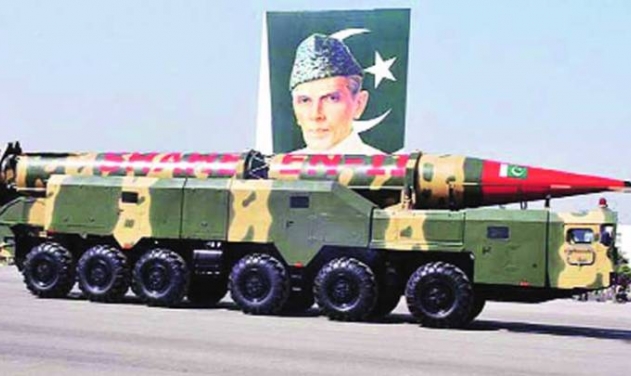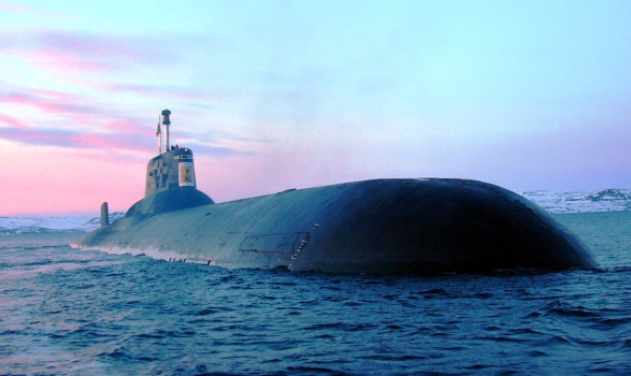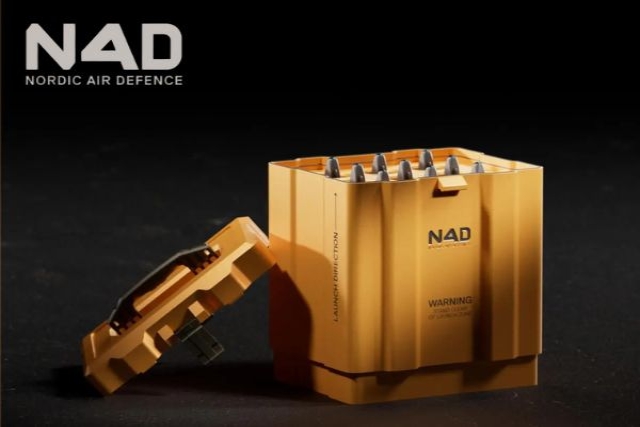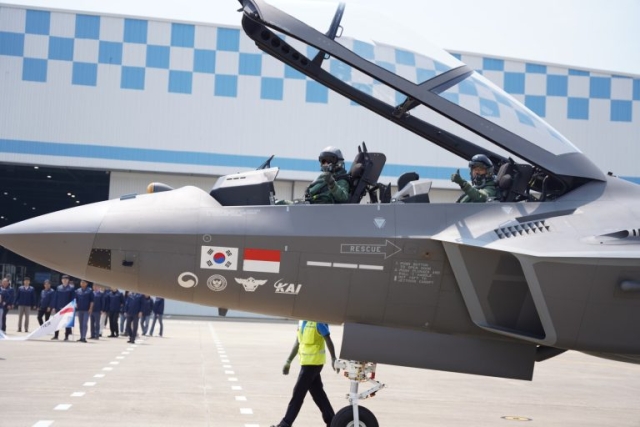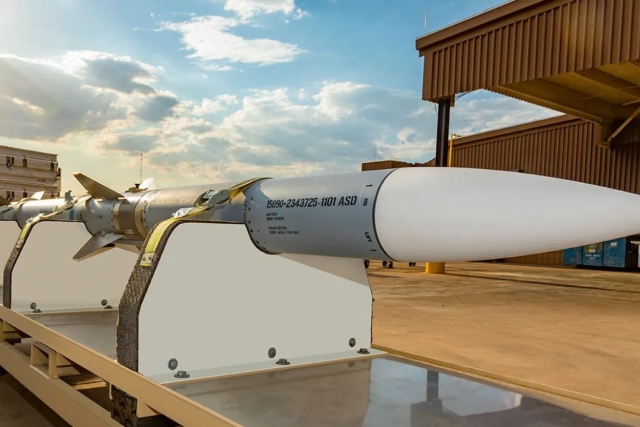Nuclear Arsenals Decline Globally Primarily Due To Cuts Made By Russia, US: SIPRI
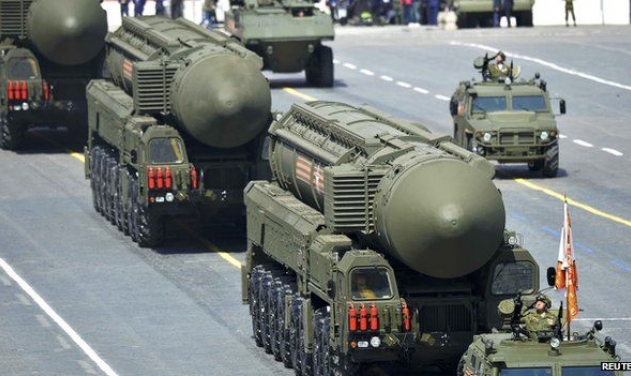
Russia and the United States are slowly reducing their nuclear arsenals but are modernizing their capabilities according to the Stockholm International Peace Research Institute (SIPRI) annual report.
The SIPRI said that there were 455 fewer nuclear warheads at the start of 2016 among nine nuclear states than a year earlier. The United States, Russia, Britain, France, China, India, Pakistan, Israel, and North Korea together had a total of 15,395 nuclear warheads at the start of 2016, including 4,120 that were deployed operationally. The total number of nuclear warheads in those countries at the start of 2015 was 15,850, the press release stated Monday.
Global nuclear-weapon inventories "have been declining since they peaked at nearly 70,000 nuclear warheads in the mid-1980s," Researchers Shannon Kile and Hans Kristensen stated in the report.
The decline has been due primarily to cuts made by Russia and the United States, the report said.
But they said "the pace of their reductions appears to be slowing compared with a decade ago, and neither Russia nor the United States...has made significant reductions in deployed strategic nuclear forces since the bilateral New START treaty" came into force in 2011.
SIPRI estimated that Russia had 7,290 nuclear warheads, including tactical, at the beginning of 2016, and the United States had 7,000.
It said that accounts for 93 percent of the nuclear weapons in the world.
It estimated France has 300 nuclear weapons, followed by China with 260, Britain with 215, Pakistan with 110 to 130, India with 100 to 120, Israel with 80, and North Korea with 10.
SIPRI also said that "None of the nuclear weapon-possessing states are prepared to give up their nuclear arsenals for the foreseeable future," and that Washington and Moscow both have "extensive and expensive nuclear modernization programs."
SIPRI said India is strengthening its nuclear-capable ballistic-missile program and speeding up its production of plutonium while its regional rival, Pakistan, is developing battlefield nuclear weapons in response to India’s stronger conventional forces.
The SIPRI report said Pakistan’s nuclear arsenal "may increase significantly" during the next decade.
The report concluded that the prospects worldwide for "genuine progress towards nuclear disarmament remain gloomy."
SIPRI’s report was based on open sources, including data from governments and the International Atomic Energy Agency.
But SIPRI said many nuclear-capable states were "non-transparent."
The report said SIPRI was unable to verify whether the secretive country of North Korea, which conducted its first nuclear test in 2006, has been able to produce or deploy operational nuclear weapons.
